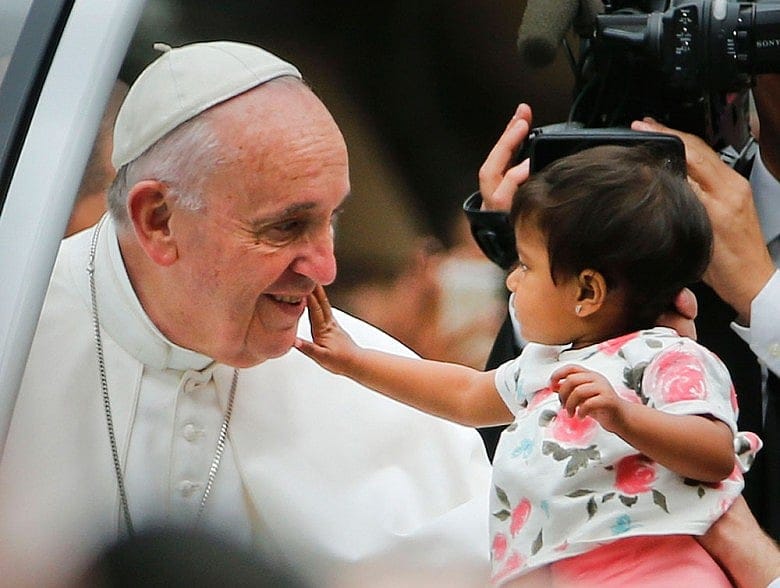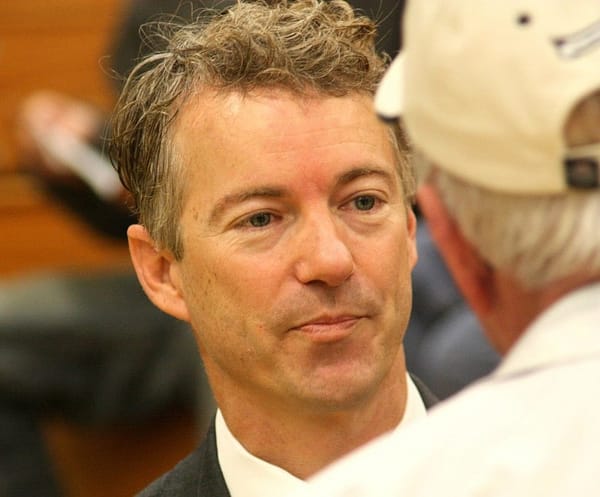Pope Francis: encouraging happiness at a higher level

Last week I saw Pope Francis on the West Lawn of the US Capitol. Francis' visit to the US was something to behold – he single-handedly shut down Washington, New York, and Philadelphia in turn because so many people, Catholics and non-Catholics alike, wanted to be part of the experience, hoping, just maybe, that by listening or even merely by proximity alone, to receive some of the grace, wisdom, and joy that Francis exudes.
As a Catholic, I was heartened by the joy and hope of the Pope's message and by the overwhelmingly positive coverage that Francis and the Church received over the past week. As someone with more than a passing interest in politics, however, I was disappointed at how politicians, interest groups, media, and individuals of all political perspectives couldn't leave politics alone, even for a moment, to try to really listen to what Francis was saying.

